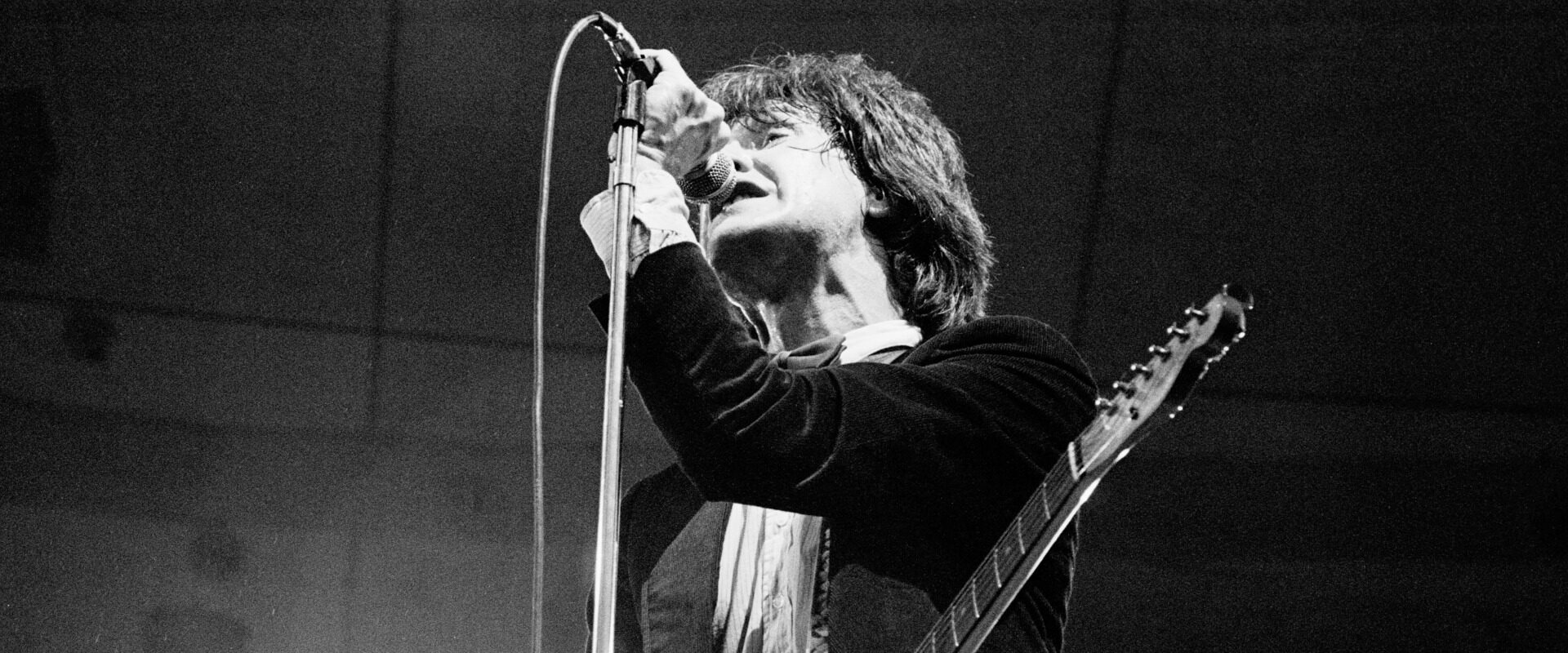Nobody told Ray Davies that there was a somewhat limited range of topics about which most songwriters were expected to write. Davies, frontman of The Kinks, tended to stray far from the rock and roll crowd when it came to his material. His ability to keep in touch with the concerns of common folks set him apart from many of his peers. Davies showed that talent off to great effect in his 1971 song “Muswell Hillbilly”.
American Dreams and British Nightmares
The Kinks built their reputation on a pair of simple, crushing rock songs with “You Really Got Me” and “All Day And All Of The Night”. But they soon veered away from that formula, in large part because Ray Davies was interested in detailing the human condition with the kind of nuance that pop songs didn’t usually provide.
As the 60s progressed, Davies’ ambitions included album-length artistic statements that focused on a general theme. That strategy sometimes meant that The Kinks came up a bit short in the hit singles department, especially in America. But the music he and his band created during that stretch has achieved a lasting impact.
In 1971, Davies took on the subject close to his own heart. The album Muswell Hillbillies dealt with how many areas of Great Britain, including the Muswell Hill section where Ray and brother Dave grew up, were losing their character in the face of overdevelopment. As a result, the denizens of those neighborhoods clung to the bucolic life and their antiquated customs with all they had in Davies’s songs.
“Muswell Hillbilly” closes out the album on a note of defiance. The main character refuses to give in to the urbanization that’s taking place all around him. So he takes refuge in his dreams of America, a country that he only knows second-hand because he’s never been there.
Exploring the Lyrics of “Muswell Hillbilly”
The narrator starts the song off by bidding goodbye to an old girlfriend. Even though she’s seen better days (she’s described with “bloodshot alcoholic eyes”), his sentiment for her is powerful. “I’ll carry that memory with me till the day I die,” he admits, perhaps because she represents a type of life that he’s being forced to leave behind.
This guy might be forced to accept these changes. But he refuses to cede his identity. “They’re gonna try and make me change my way of living,” he says. “But they’ll never make me something that I’m not.” What are “they” trying to do, exactly? “They’re putting us in identical little boxes / No character, just uniformity.”
Davies likens that existence to being a zombie. He suggests that the powers-that-be want him to change the way he talks to fit in more with the times. But he just isn’t having it. “They can clear the slums as part of their solution,” he sneers. “But they’re never gonna kill my Cockney pride.”
In the refrains, the narrator admits that he imagines himself in America. But he’s not thinking of New York City. Instead, he’s thinking of places like West Virginia, Oklahoma, and even the Black Hills, all places “that I ain’t never seen.”
“But I’ve seen them in my dreams,” he insists. “Muswell Hillbilly” captures the longing of someone who can’t bear to see what’s happening to his home. It also represents Ray Davies’ heartfelt dedication to communicating the thoughts and dreams of those far from the rock and roll life.
Photo by Gary Gershoff/Getty Images

